Deadlock over NHS pay dispute puts patients’ lives at risk, UK chief nurses warn as historic strike gets under way
Deadlock over pay dispute across the UK National Health Service (NHS) is putting patients in danger and risks hardening the position of unions, 10 chief nurses have warned, as the health staff are staging the largest-ever strikes.
In a joint statement on Monday, chief nurses from 10 leading hospitals, known as the Shelford group, raised the alarm over patients’ deteriorating health status as a direct result of the increasing disruption caused by the strikes.
“Industrial action means appointments canceled, diagnostics delayed [and] operations postponed. The longer industrial action lasts, the greater the potential for positions to harden, waits for patients to grow, and risks of harm to accumulate,” the statement reads.
Unions have warned that the conservative government is making no moves towards resolving the dispute, with one general secretary accusing the government of “lying” about the state of negotiations.
Royal College of Nursing’s director for England, Patricia Marquis, has called on the Prime Minister Rishi Sunak to intervene before the biggest NHS walkout in history paralyzes the health network.
The UK faces its largest-ever strikes in the 75-year history of the National Health Service (NHS) on Monday, as tens of thousands of nurses and ambulance workers have planned to walk out in a long-running pay dispute, spelling further disruption for an already strained health system.
“It's a cry out to Rishi Sunak,” Marquis said, “to come to the table to seek a resolution. So far we've not had direct contact with him, all of our efforts have been through the secretary of state for health, and those have not really brought us any solutions.”
“So really, now, we don't want the strikes to go ahead... and we're really calling on the prime minister to intervene, to come to the table and seek a resolution with us,” she lamented.
National medical director for NHS England, Stephen Powis, has also warned that strike action this week, which would also involve physiotherapists on Thursday, would most probably be the most disruptive so far.
The workers across NHS seek payment raises to keep pace with the soaring inflation, which stands at a record-high rate of about 11 percent. However, the government rejects any pay demands saying that it cannot afford high increases that match the soaring inflation, and even if it could, such monetary increases would further fuel inflation.
Unite union general secretary Sharon Graham said a “double-digit pay rise” must be offered to striking NHS staff, but described the Government as willing to “talk about anything, but they won’t talk about pay”.
Asked by Sky News if the strikes would put lives at risk, business minister Grant Shapps said he was “concerned that it does”, as the hospitals are facing a shortage of staff, with millions of patients on waiting lists for operations and thousands each month failing to receive prompt emergency care.
“Despite contingency measures in place, strikes by ambulance and nursing unions this week will inevitably cause further delays for patients who already face longer waits due to the COVID backlogs,” he said in a statement.
He also noted that a lack of cooperation between striking workers and emergency cover by the armed forces is the main cause of putting patients’ lives at risk.
Speaking on BBC One’s Sunday, Graham hit back at Shapps’ remarks, saying that the business secretary was “actually lying” about the minimum cover by ambulance workers, which she said was agreed on a trust-by-trust basis.
The government was also misleading the public on the extent of the talks to resolve the dispute. “In 30 years of negotiating, I’ve never seen such an abdication of responsibility in my entire life,” she said.
The deteriorating situation across the UK health system has prompted tens of thousands of nurses to leave their jobs for better conditions. According to the Royal College of Nursing (RCN), more than 25,000 nurses left their profession over just the last year.
Around 500,000 workers, many from the public sector, have been staging strikes since last summer, paralyzing the country’s essential infrastructures such as the NHS, schools, and railways system.
The UK, indeed, has been grappling with its biggest strike wave over the last months, with airport baggage handlers, border staff, driving instructors, bus drivers, and postal workers walking off their jobs to demand higher pay, to be able to cope with the soaring inflation and worsening cost-of-living crisis.
As a far-fetched solution to the dispute, the government is set to unveil strike legislation in the near future in order to contain industrial actions in its key sectors, forcing the staff to maintain a basic level of service during strike time or face dismissal.
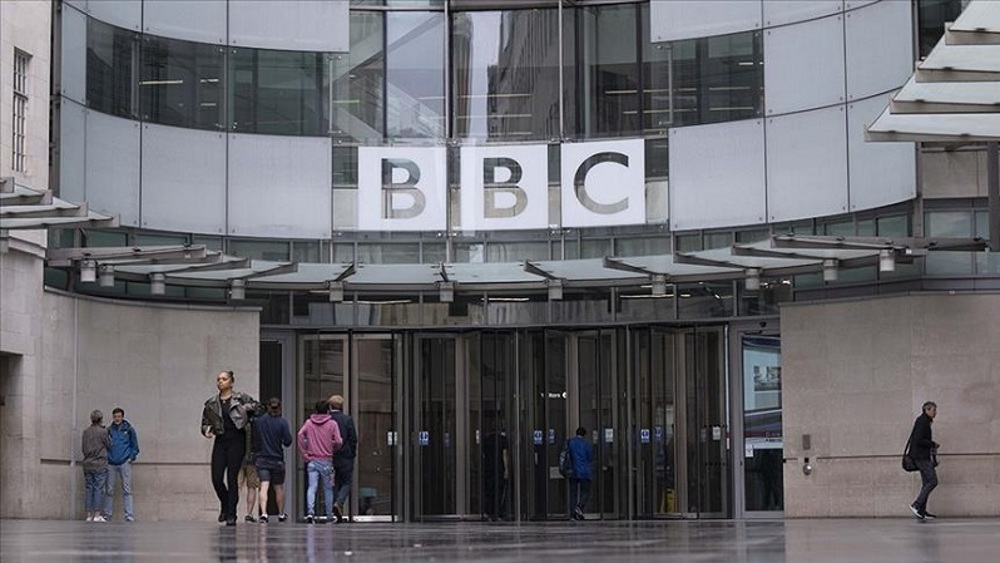
BBC pro-Israel bias in reporting Gaza genocide

London anti-racism protests

London hit by ‘shocking’ wave of Islamophobic hate crimes
VIDEO | Press TV's news headlines
VIDEO | Belgian journalist lambastes Israeli aggression against Palestinians
VIDEO | Yemen warns Israel of military response over Gaza aid block
Israel's ‘internal security agency’ acknowledges failure to prevent al-Aqsa Storm
Russia: Threats of using military force against Iran’s nuclear sites ‘unacceptable’
VIDEO | Ramadan in Iran
VIDEO | Trump's controversial moves
VIDEO | Yemen downs 15th sophisticated American drone; vows to keep up support for Gaza, Lebanon


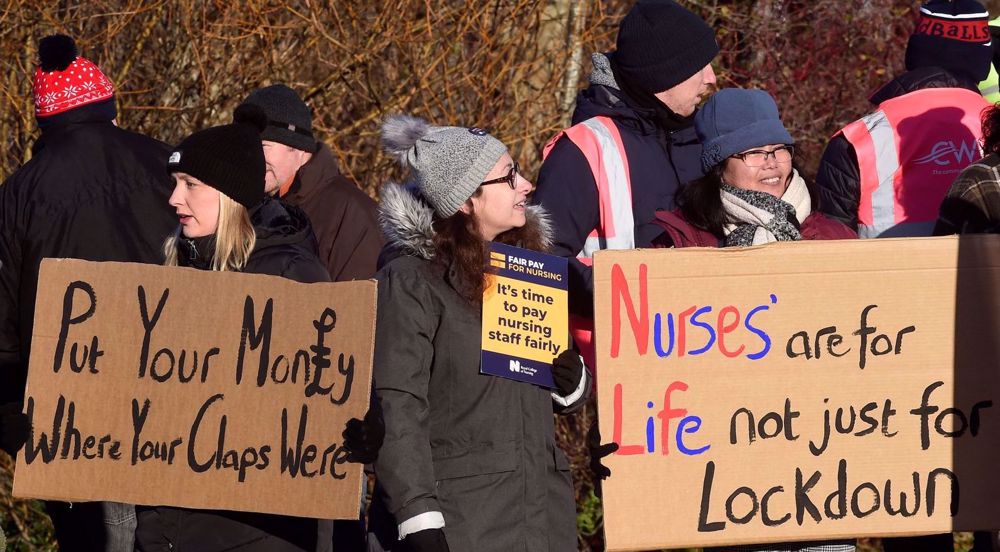
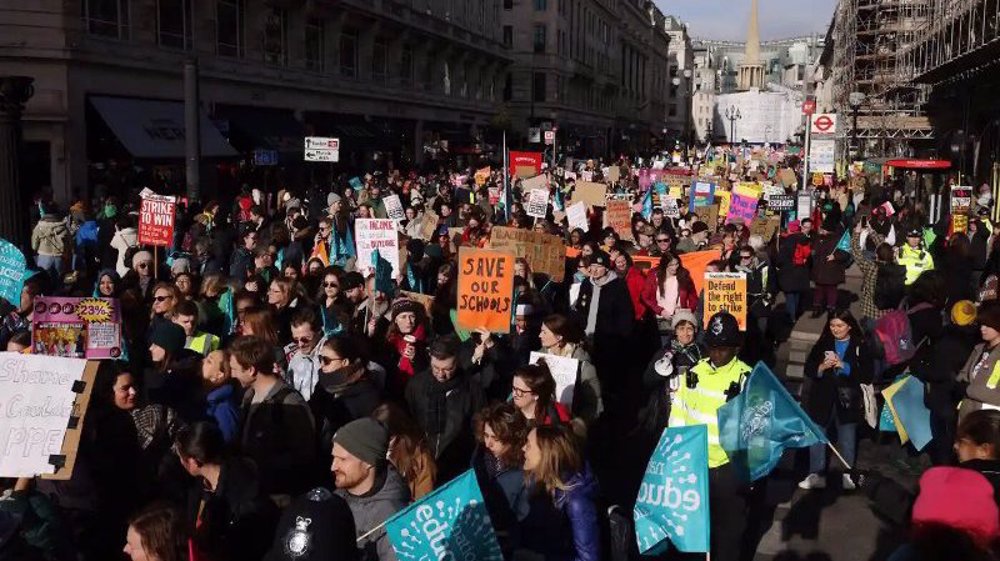
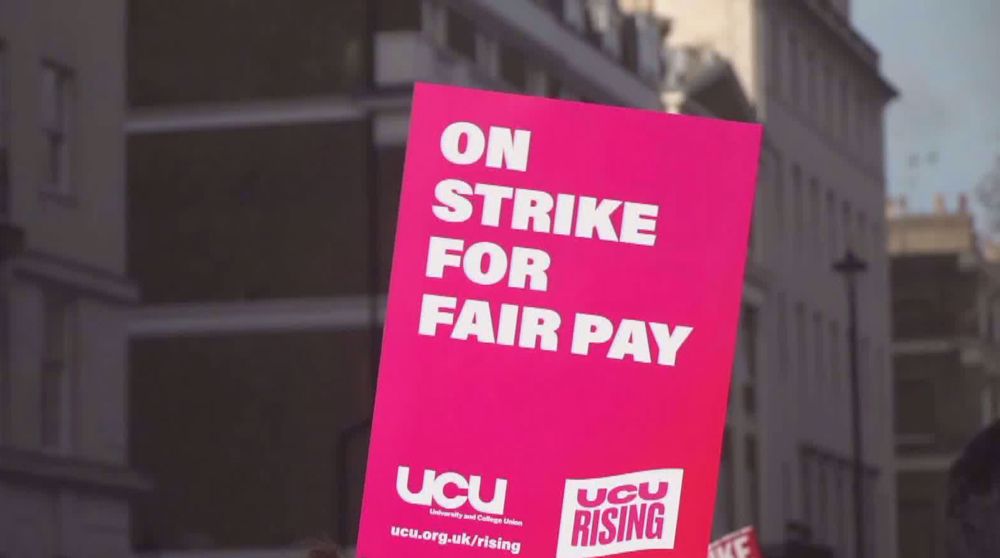
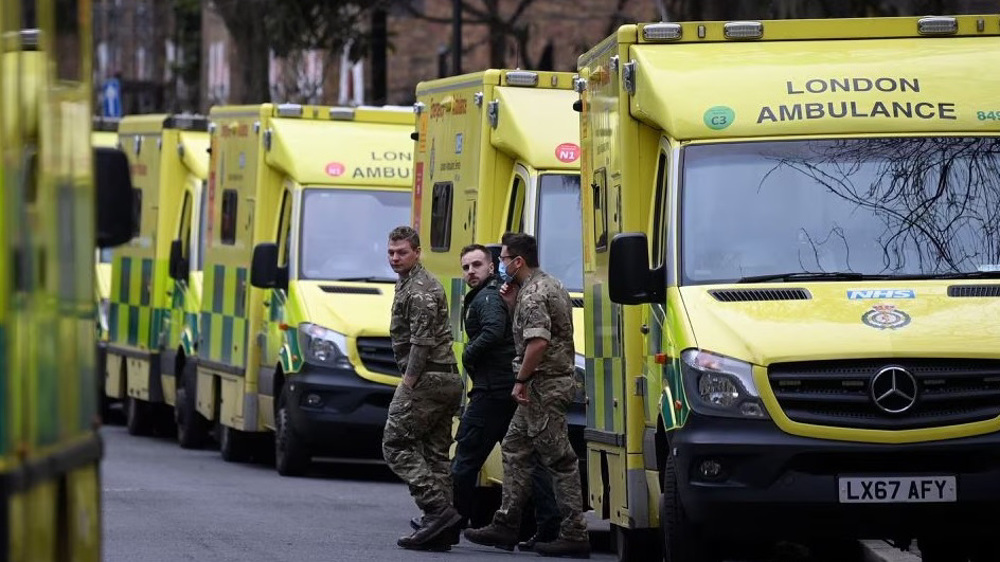
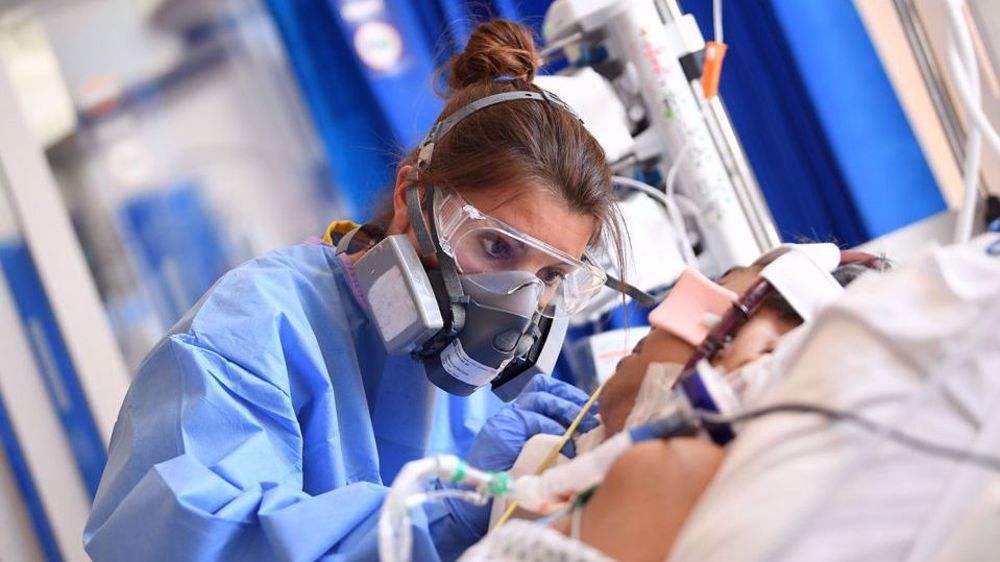



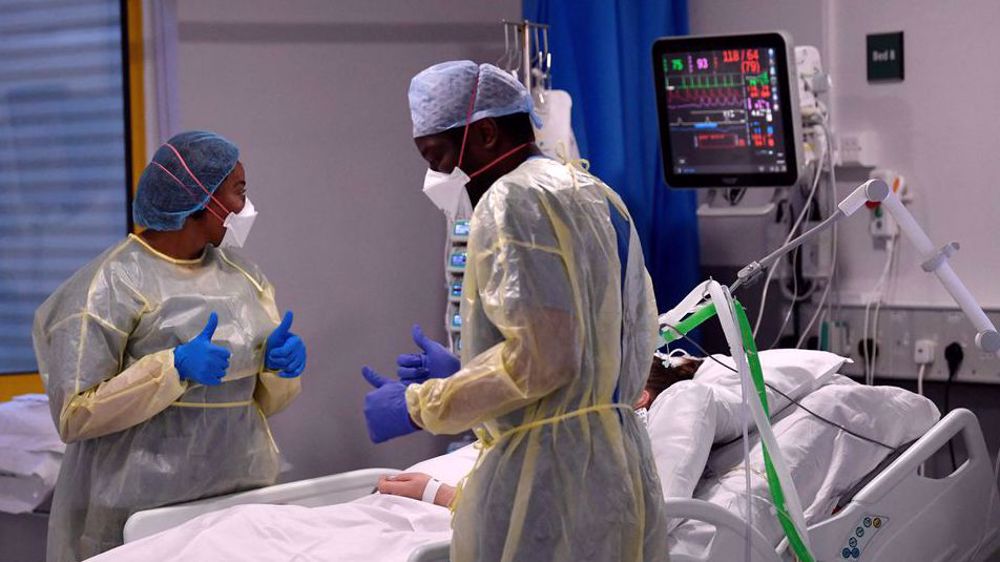
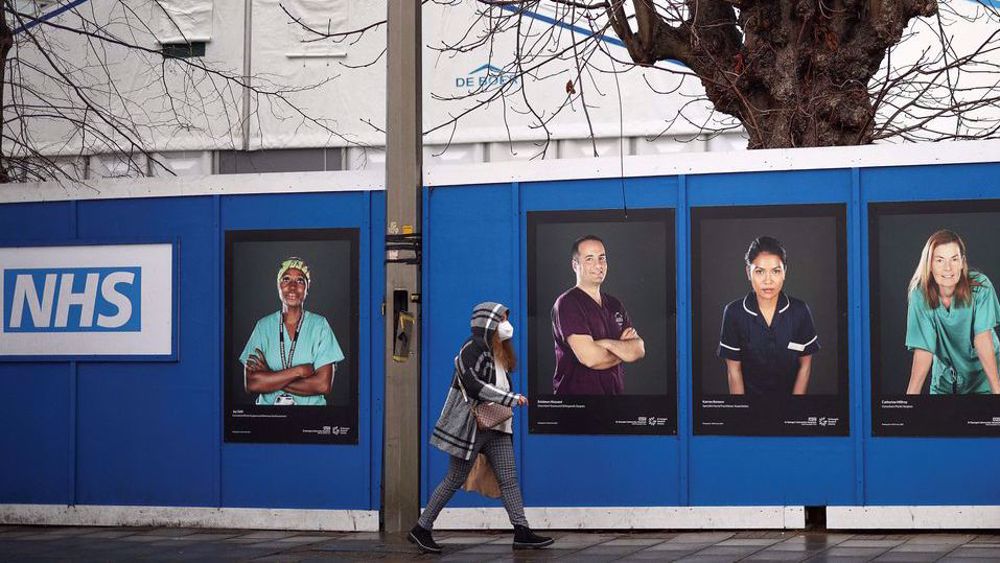
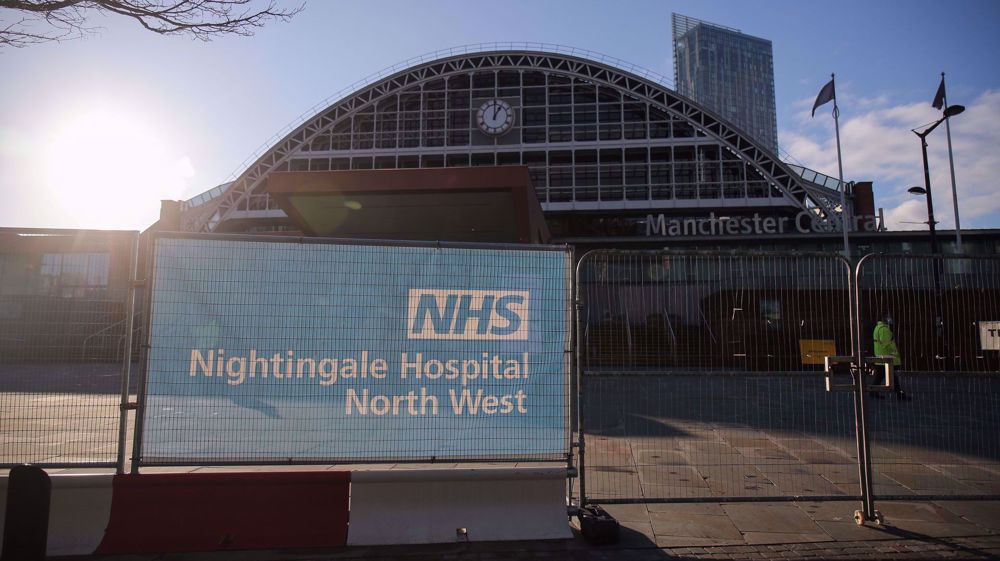
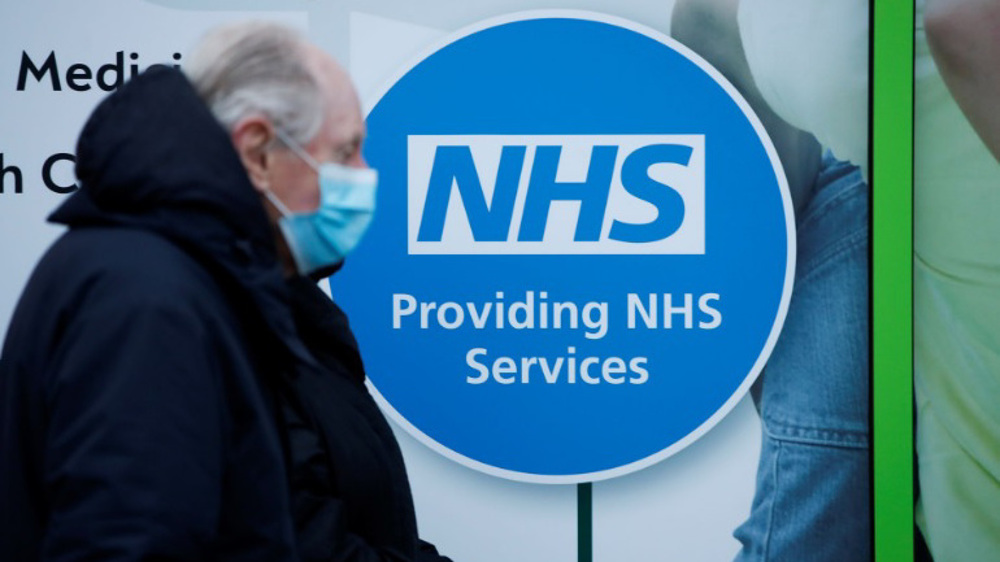
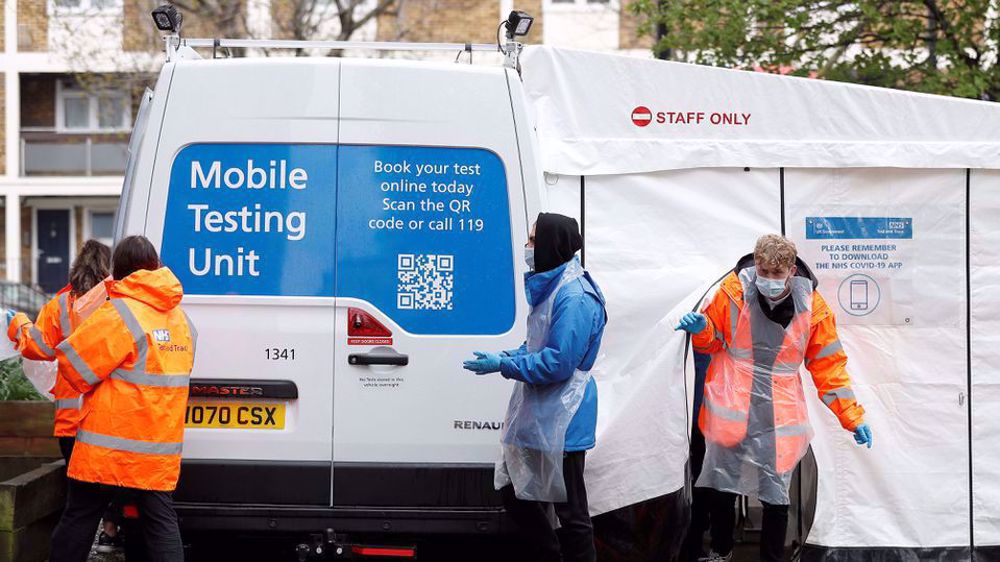
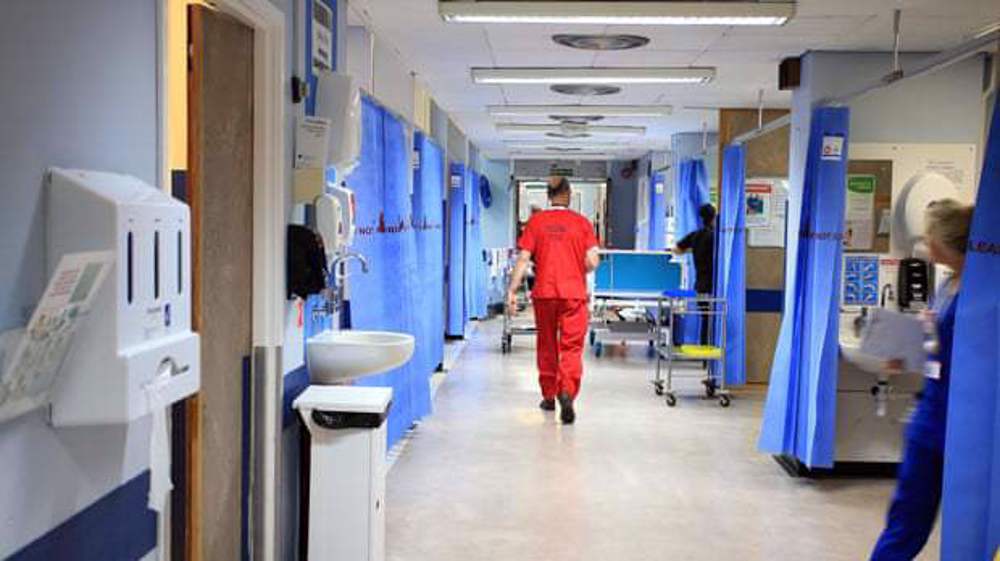
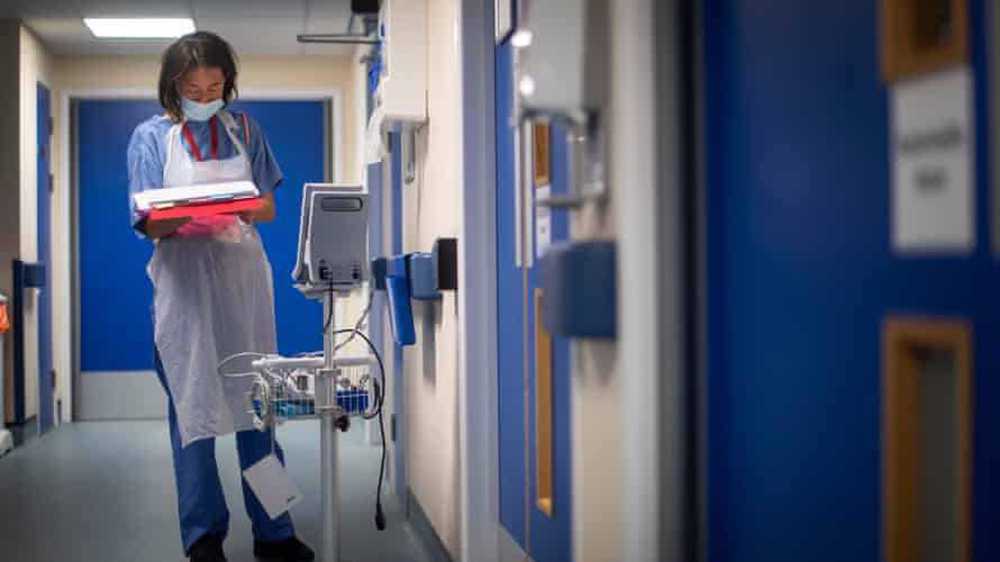
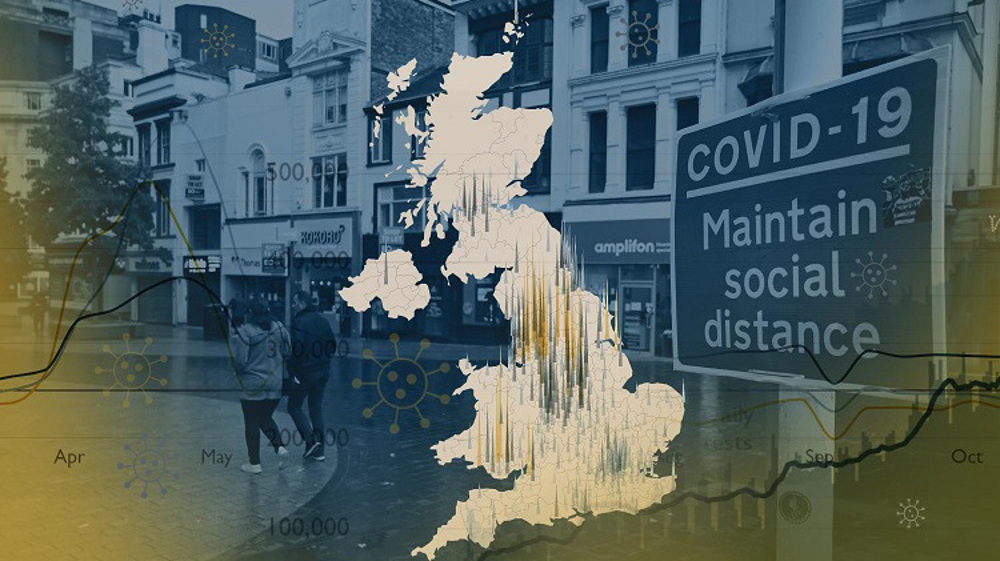


 This makes it easy to access the Press TV website
This makes it easy to access the Press TV website